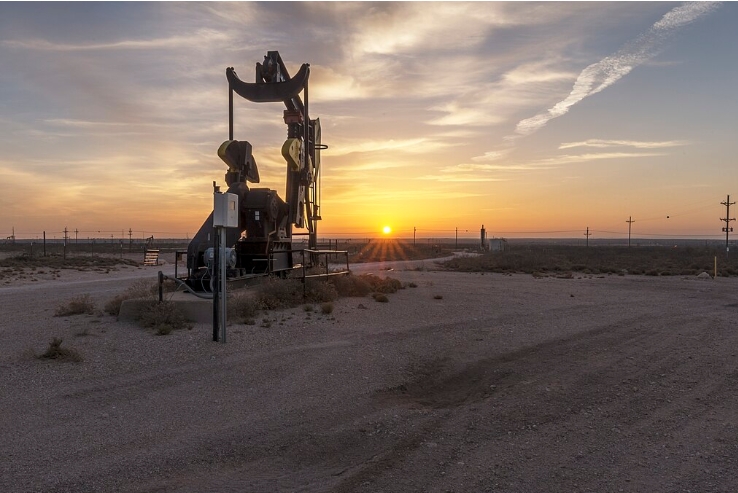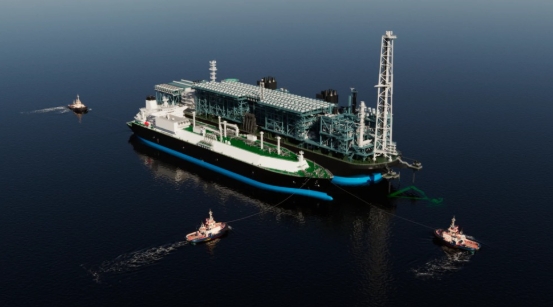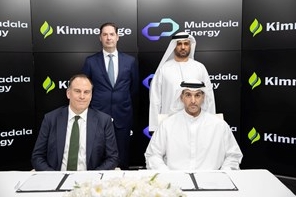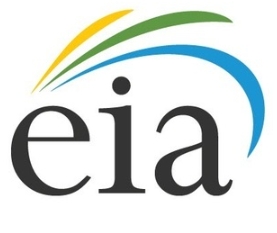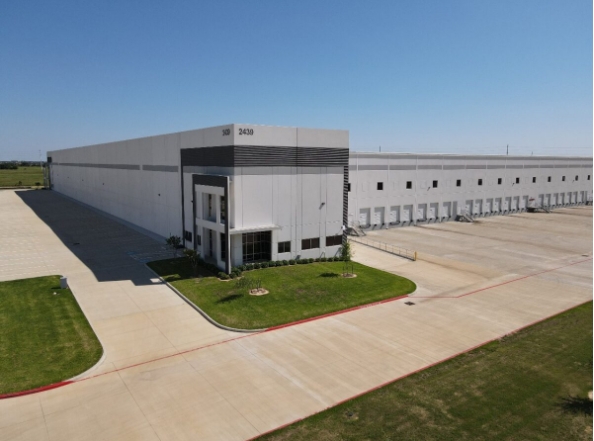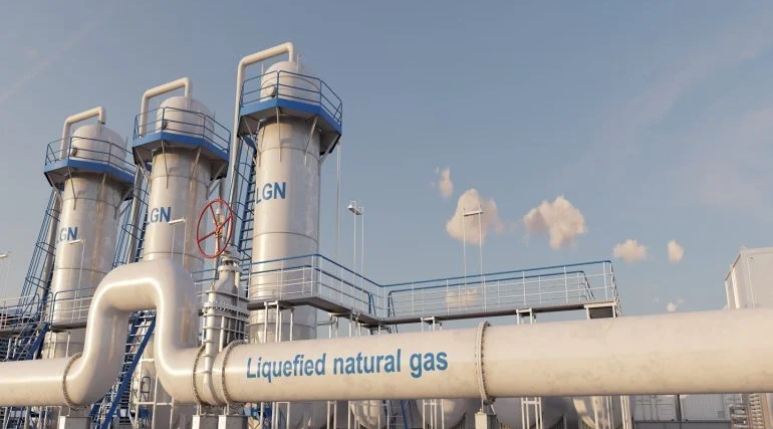As the global leader in producing renewable energy from the wind and sun, NextEra Energy is an important company for investors to follow, as it often provides key insights into the sector's future. That was certainly the case on the company's third-quarter conference call, when it detailed two noteworthy numbers that show just how far the industry has come in recent years.
Energy storage is going mainstream
CFO Rebecca Kujawa discussed NextEra Energy's third-quarter results in detail, including the progress of its energy resources segment. That business develops clean energy assets such as wind and solar projects and sells the electricity to third parties such as other utilities.
One of the problems with renewables, however, is that they produce power intermittently. To overcome this issue, companies either need to build natural gas plants to provide power when the sun isn't shining and the wind's not blowing, or install battery storage -- either of which can be costly.The cost of adding battery storage, however, has come down tremendously over the past few years. As a result, companies are increasingly pairing it with new renewable development. That trend was quite pronounced during the third quarter. Kujawa noted that "continuing the success of recent quarters, since the last earnings call our renewables backlog increased by approximately 1,375 megawatts (MW), including nearly 350 MW of battery storage projects as we further advance the next phase of renewables deployment that pairs low-cost wind and solar energy with a low-cost battery storage solution."
She later elaborated on that statement: "Since the last call, we have added 747 MW of solar and 341 MW of battery storage, all of which will be paired with new solar projects. Year to date, more than 50% of the solar megawatts that have been added to backlog include a battery storage component as customers are increasingly interested in a near-firm low-cost renewable product that is specifically designed to meet their generation needs."
That's a stunning percentage of solar projects that will have a storage component. For perspective, the company currently has signed contracts to deliver 1,454 MW of solar projects by the end of next year but expects to build only 50 MW of energy storage. However, thanks to its success this year, it now has 561 MW of storage capacity lined up to come online in the 2021-to-2022 timeframe. But given the accelerating adoption of storage, NextEra sees that number growing. In its view, it could build as much as 1,250 MW of energy storage capacity during the 2021-2022 timeframe as more customers opt to add it to their projects.
Renewable adoption has accelerated
Kujawa pointed out one other surprising statistic relating to the pace of growth in renewables. First, she noted that the company's "energy resources development team continues to capitalize on what we believe is the best renewables development environment in our history." Kujawa noted that "through the first three quarters of 2019, we have added nearly 4,200 MW to our renewables backlog, which now totals more than 12,300 MW."
She further stated that "to put our current backlog into context, it is larger than energy resources' operating renewables portfolio at the end of 2014, which took us more than 15 years to develop." That shows just how much quicker the global economy is transitioning to renewable energy these days.
One of the main drivers of that growth in previous years was accelerating wind demand. While the outlook for building new wind projects remains strong, solar's future is even brighter. Kujawa stated on the call that the company "expect[s] that overall wind demand in 2021 will be at roughly the same levels as in 2019." However, it anticipates that "solar demand will continue to increase through the early part of the next decade." That's due to the decline in both panel and energy storage costs, which is making solar an even more cost-effective option.
